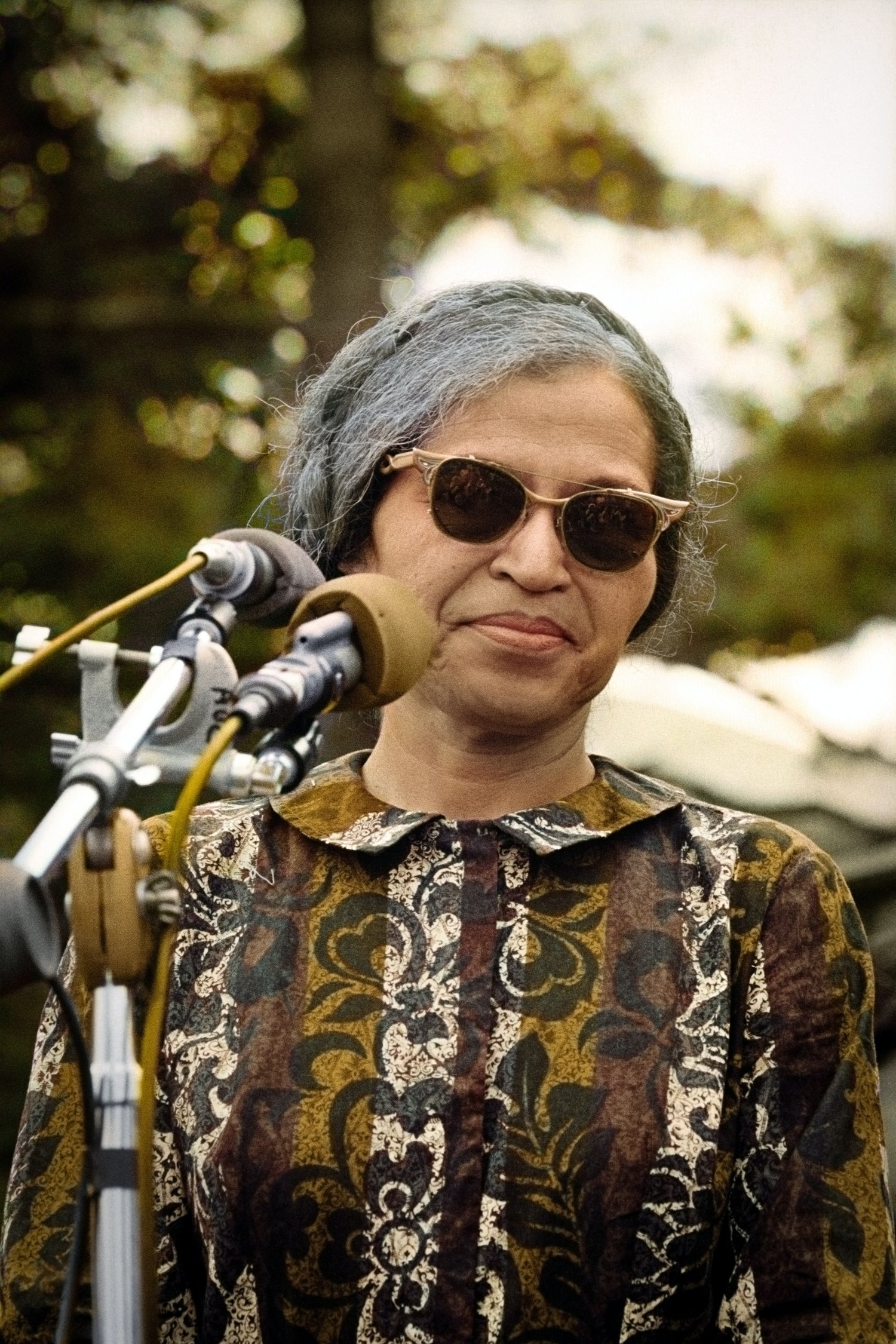The debate on whether leaders are born or made has been a longstanding topic in the realm of leadership studies. While some argue that leadership qualities are innate, others contend that effective leadership can be developed through learning and experience.
On the “born” side of the argument, proponents believe that certain individuals possess inherent traits that make them natural leaders. These traits may include charisma, decisiveness, and the ability to inspire others. Genetic factors and early life experiences are often cited as contributors to the development of these leadership qualities.
Conversely, the “made” camp asserts that leadership is a skill that can be cultivated over time. Education, training, and real-world experiences are seen as crucial elements in shaping effective leaders. Programs designed to enhance leadership skills, such as workshops and mentoring, are believed to contribute significantly to leadership development.
In reality, the dichotomy oversimplifies a complex issue. Many experts now emphasize a more nuanced perspective, acknowledging both nature and nurture in leadership development. While some individuals may naturally possess certain traits conducive to leadership, everyone can benefit from intentional efforts to improve their leadership abilities.
In essence, the interplay between innate qualities and learned skills is what molds a leader. A born leader might enhance their effectiveness through education and experience, while someone without apparent innate leadership traits can still become a successful leader through deliberate development efforts.
Ultimately, the answer to whether leaders are born or made may be a matter of balance. While some individuals may seem to have a head start due to inherent qualities, leadership is a dynamic and adaptive skill that can be honed and refined throughout one’s life. Recognizing this duality encourages a more inclusive approach to leadership development, allowing individuals of diverse backgrounds and characteristics to aspire to and achieve effective leadership.
Kareem Hayes

